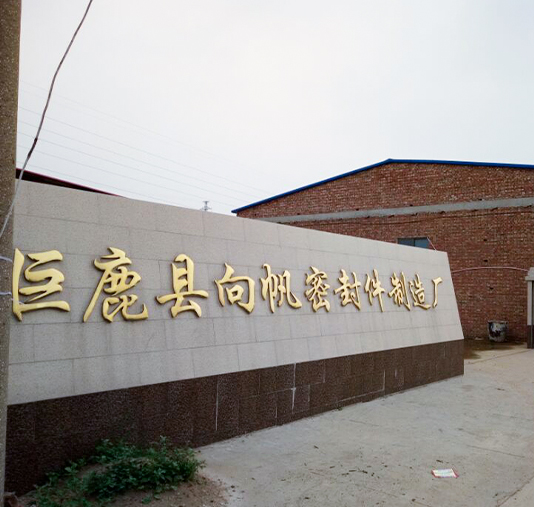The Importance of Fireproof Insulation Tape in Safety and Efficiency
In today's ever-evolving industrial landscape, safety standards are paramount. Among the many materials that contribute to maintaining a safe work environment, fireproof insulation tape plays a crucial role. This specialized tape, designed to withstand high temperatures and resist ignition, is an indispensable tool for various applications across sectors such as construction, automotive, and aerospace.
Understanding Fireproof Insulation Tape
Fireproof insulation tape is typically made from materials that can resist flames, such as fiberglass, silicone, or certain rubber compounds. These materials are engineered to provide superior thermal insulation, preventing heat transfer that can lead to potential fire hazards. The tape comes in various widths, lengths, and thicknesses, making it versatile for multiple applications.
One of the fundamental features of fireproof insulation tape is its ability to act as a barrier against fire. It can protect electrical conduits, insulation on pipes, and other surfaces that might become dangerous if exposed to high temperatures. This characteristic is especially crucial in environments where flammable materials are present or when equipment must operate at high temperatures.
Applications in Various Industries
1. Construction In construction, fireproof insulation tape is often used to wrap electrical wires and pipes. Ensuring that these components are adequately insulated reduces the risk of electrical fires. In addition, the tape aids in sealing joints where fireproofing materials have been installed, providing an extra layer of security against fire spread.
2. Automotive The automotive industry relies heavily on fireproof insulation tape for protecting wiring harnesses and components that are subjected to high heat. In vehicles, engine compartments can reach extreme temperatures, making the use of fire-resistant materials critical to prevent electrical failures or fires.
fireproof insulation tape

3. Aerospace In the aerospace sector, fireproof insulation tape is used to wrap fuel lines, electrical connections, and other critical components. Given that aircraft face unique safety challenges, materials that can withstand both high heat and flames are essential for maintaining operational safety and preventing catastrophic failures.
4. HVAC Fireproof insulation tape is also utilized within heating, ventilation, and air conditioning (HVAC) systems. It aids in insulating ductwork and preventing excessive heat loss, which not only enhances energy efficiency but also minimizes fire risks associated with overheating equipment.
Benefits of Using Fireproof Insulation Tape
The advantages of using fireproof insulation tape extend beyond safety. By preventing the spread of flames and protecting sensitive equipment, organizations can also avoid costly repairs and downtime. In many cases, the use of fireproof materials may even lead to lower insurance premiums, as insurers often recognize improved safety measures.
Additionally, fireproof insulation tape is easy to apply and can be used in conjunction with other insulation materials. Its adhesive backing allows for quick installations, reducing labor costs and time. This characteristic makes it an invaluable resource in emergency repairs and upgrades where speed is crucial.
Conclusion
Fireproof insulation tape is more than just a product; it is a fundamental element of safety and efficiency in various industries. With its ability to withstand high temperatures and resist flames, it provides peace of mind to workers and employers alike. In an era where safety regulations are becoming more stringent, investing in quality fireproof insulation tape is essential for any industry looking to uphold the highest standards of safety and operational integrity. By understanding its applications and benefits, businesses can make informed decisions that not only protect their assets but also enhance the well-being of their employees. As technology continues to advance, the development of even more effective fireproof materials will ensure that safety remains at the forefront of industrial practices.
-
XIANGFAN Rubber Tape-Ultimate Solutions for All Your Insulation NeedsNewsJun.24,2025
-
XIANGFAN Rubber Tape-Protection for Industrial and Residential ApplicationsNewsJun.24,2025
-
XIANGFAN Rubber Tape: Superior Safety and Sealing for Demanding EnvironmentsNewsJun.24,2025
-
XIANGFAN Rubber Tape: Reliable Solutions for Every Electrical ChallengeNewsJun.24,2025
-
XIANGFAN Electrical & Industrial Tape: Powering Reliability Across IndustriesNewsJun.24,2025
-
XIANGFAN Electrical & Industrial Tape: Excellence in Every ApplicationNewsJun.24,2025
